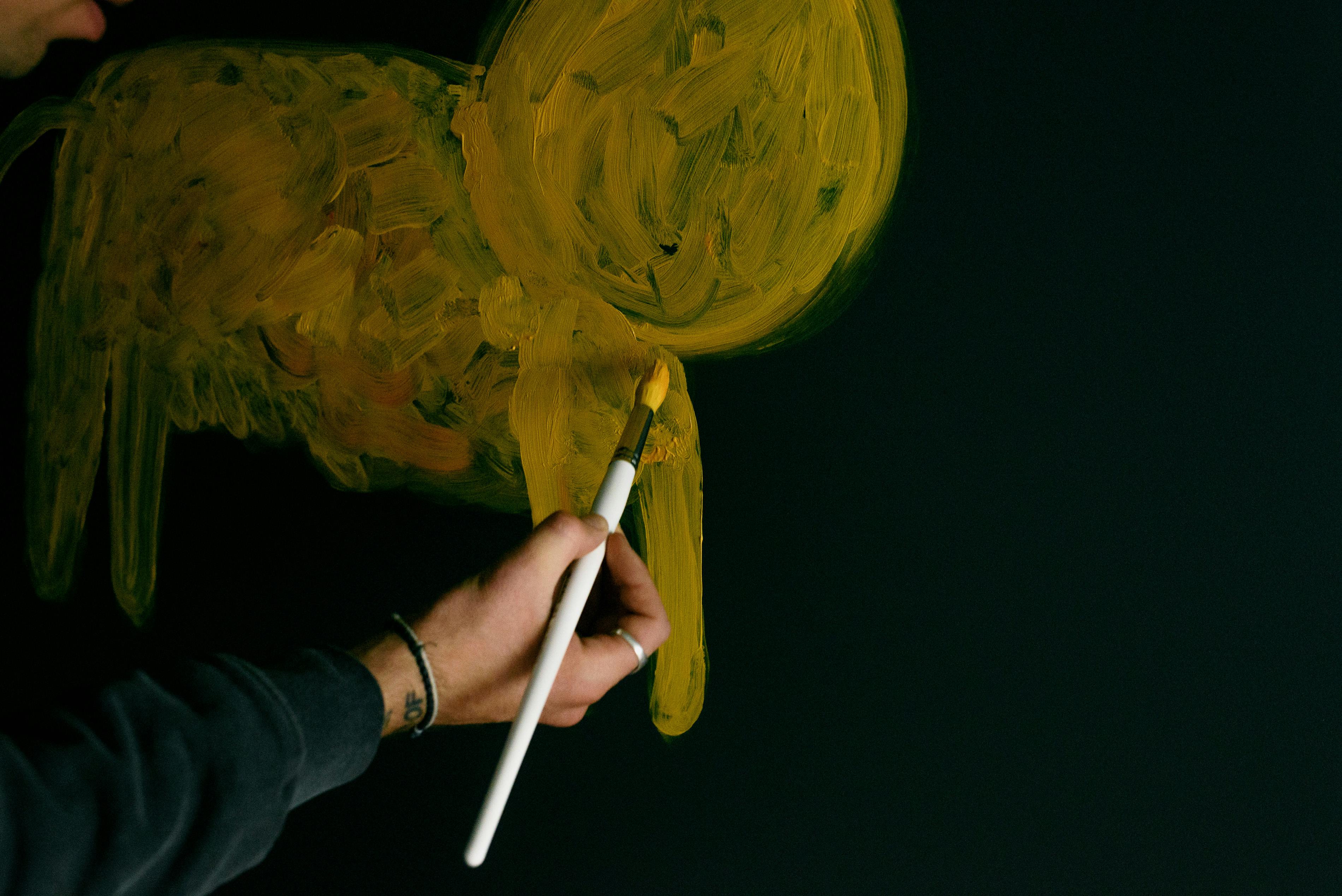I watched the Paralympic Games with pride and wonder. Seeing well-trained athletes performing at such incredible levels despite their disabilities was truly inspiring. The quick and deft movements, bordering on the dangerous at times, were exciting to watch and the satisfaction the athletes felt at their achievements was a joy to watch.
The apparent delight of participants at all levels was hugely satisfying and the knowledge that ‘Great Britain’, ‘Big Business’ and ‘The Unions’ stood behind the venture, ready to contribute to the training of athletes and the quality of his team. It must have seemed like the culmination of a wonderful dream. In addition to this, they had the knowledge that El Público was supporting them along with the Volunteers and the Army. For once I appreciated the oft-repeated phrase: ‘We’re all in this together.’ The unifying force that prevailed throughout the ‘Games’ was simply tremendous and we all knew at the time that Great Britain was truly unique in offering the planning, imagination and care to put on this great Paralympic Games spectacle for let everyone see them.
I only felt a disappointment during the whole fortnight. It is understandable that the number of events accessible to disabled athletes was limited to certain sports, but he could not understand why the game of ‘Snooker’ had not been included. I know several very good handicapped pool players who were equally baffled. I think the last time the sport was played at an Olympic level was in 1988 in Seoul when it really worked and then there doesn’t seem to be any evidence of ‘Snooker’ ever being included in the table of events again. I ask this question because I know that although ‘Snooker’ requires high levels of skill, dexterity and movement, it is an accessible game for people with disabilities, and without the need or use of specialized equipment.
My father, Ray Harrison, was very successful in playing the sport and also in promoting ‘Snooker’ to many disabled people. He formed a team at the old Lodge Moor hospital in Sheffield and spent many hours coaching others while enjoying the game and the atmosphere. Dad was in a wheelchair, a victim of polio, but he had learned to lift and move his body into certain positions that gave him total control of the pool table. A report in the Sheffield Star in 1984 stated: “Ray moves fluidly around a table both forwards and backwards at great speeds, and it was hard to believe that he was handicapped as he had developed his skills to such an excellent degree that it had allowed him to overcome the physical restrictions of his disability.’ At the time, Ray had told the reporter that there weren’t many shots that a handicapped person couldn’t take.In his opinion, you just had to become adept at placing the cue ball so it would be easier for you and then you could enjoy the game. Mick Langley (1988 Paralympic Snooker Champion) said: “Ray Harrison was a legend, he was one in a million. He taught me so much about the game of snooker and I don’t think he would have accomplished half of what I’ve accomplished. “If he had never met him. What a great man!”
Using this method allowed Ray to play the sport at a very high level, winning three major medals, silver, bronze and finally the coveted ‘Paraplegic Snooker World Champion Gold Medal’ in 1985. He was also described as the perfect ambassador for disabled sport. and he traveled to Denmark, Iceland and Malta to compete and appear on his television channels. In 1984 he is given the opportunity to travel to America and is greatly disappointed when this competition is canceled due to lack of sponsorship. But that’s when ordinary members of the public didn’t fully understand how important big sponsors were and when venues, sporting events, special facilities and travel arrangements were harder to get up and running. And this is now 2012 where we value and encourage the determination and spirit that disabled people have in abundance and how important it is when sponsors can be found to help athletes achieve success not only for themselves, but also for the country’s reputation. .
Dad was a great inspiration. He taught me the sport and never lost his enthusiasm, ambitions and hopes no matter what setbacks he experienced. He would have loved this period and he would have reveled in the successes of the athletes and I know he would have found a way to get into the thick of it. He would also have encouraged me in the kind of work he worries me about. I know from my own experience that the game of Snooker is not only accessible to people with physical disabilities, but it is also an excellent sport to help people with weak powers of concentration. I train people who find it incredibly difficult to focus on strategy, learning where to put the balls and what part of the ball to hit with the cue, but I have found that with patience, respect and specialized teaching they can enjoy the sport, follow the rules and learn to improve their standards.
I am very much looking forward to seeing the sport of snooker reinvigorated and reintroduced at the next Paralympic Games to be held in Brazil in 2016. With this in mind, I am asking for general support to support my idea and application. I am planning to write to the Olympic Committee and contact Seb Coe and Mr. Deighton for their advice and if anyone else knows who else I can contact to try to implement this request I would be grateful to hear from them. I would also be pleased if some of the best players in the country would approach members of the Olympic committee to make a similar request to return to the sport, as they would obviously have more influence than me. The more people I can find to support me in this endeavor, the greater the chance of success. We all know that achievements are important in the lives of people without disabilities, but they are even more celebrated when we achieve them after a struggle. Therefore, I would like to see this sport included in the events table of the next games, as it is very accessible for people with abilities and disabilities at all levels.




